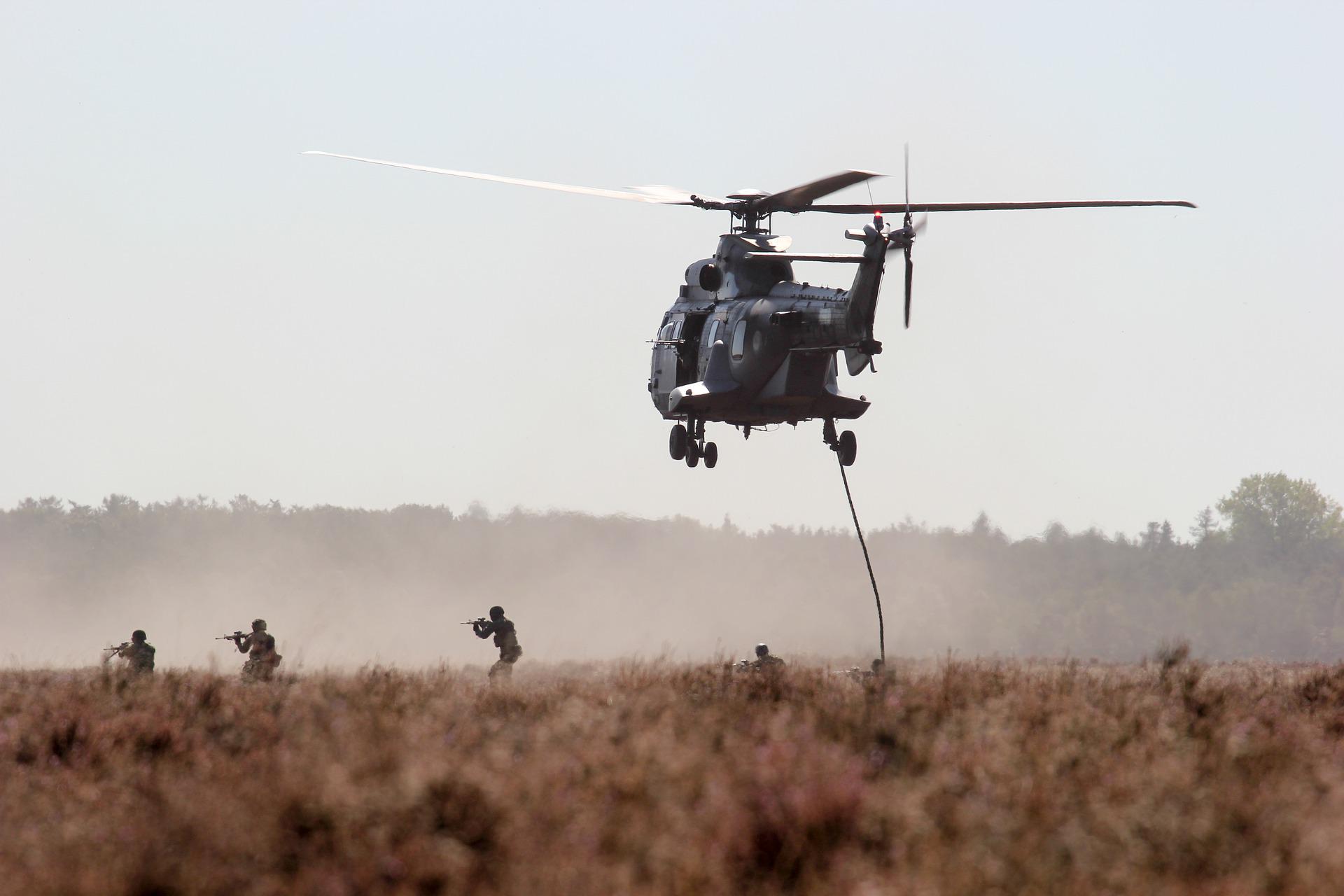
Germans lose confidence in military
Mare than half of Germans have no trust in the German army's capability of defending the country effectively in the event of a war, a recent survey found. Meanwhile, the government is so desperate that it plans to divert the investments earmarked for the promotion of green energy usage to the military industry.
Germans no longer trust the country’s armed forces, with confidence in the Bundeswehr plummeting to an all-time low, according to a public opinion poll by Infratest dimap commissioned by the Die Welt daily newspaper.
The survey found that an unprecedented number of Germans expressed concern about the Bundeswehr’s ability to ward off a potential attack against the country or an allied state. Respondents think that the shortcomings in equipment and deficiencies in the supply system greatly limit Germany’s military capabilities.
To be precise, more than half (54 per cent) of Germans have „little” or „no” confidence in Germany’s military capacity, while 35 per cent of those asked said that the army was prepared for military missions despite obvious shortcomings.
The study produced some at even more shocking revelations.
85 per cent of the respondents said that the current equipment available to the Bundeswehr is not suitable for deployment. This concern became evident last December after Der Spiegel had revealed that all 18 of the upgraded Puma vehicles to be included in NATO’s high readiness response force (NRF) failed in a military exercise.
When asked about Germany’s decision to supply weapons and tanks to Ukraine, respondents gave a somewhat mixed reply on whether or not it was a good move. While 52 per cent of those surveyed approved the decision to deliver Leopard tanks to Ukraine, 39 per cent consider it a mistake, with 6 out of 10 (59 per cent) being concerned that Germany could be directly drawn into the war, which is an increase by 3 percentage points compared to last October.
The survey also showed that Germans remain concerned about the impact of the war on the German economy, with 68 per cent believing that Germany’s economic situation is deteriorating.
Meanwhile, the German federal government is apparently so desperate about the state of the army that it is holding confidential talks with the provincial governments. Some of the green energy investments are to be shifted to the defence industry, at least according to Bloomberg. German defence company Rheinmetall AG is planning to build an ammunition factory in Saxony, a source familiar with the plans says. The defence company also wants to invest more than 10 million euros in a production line near Hamburg to manufacture ammunition.
Germany, as one of Europe’s great powers, has long suffered from outdated and often deteriorating military equipment, as former Chancellor Angela Merkel consistently neglected this area and kept defence spending well below the level NATO had set forth to its member states.
Last year, the German government announced a special 100-billion-euro fund for defence spending to finally meet the NATO commitment after so many years. However, defence experts say that even this sum is not enough to allow Germany to catch up with larger NATO member states in the defence sector.
The amount of ammunition and weapons being shipped to Ukraine has left Germany’s military stockpiles essentially “stripped,” the German army’s chief of staff has said.
Besides exposing the grave shortcomings of the German army, the Russia-Ukraine war also drove a serious wedge between the governing parties. The Green Party is forcing its coalition partners to ban the use of nuclear energy in addition to Russian energy sources. However, the energy crisis has forced the government to rely on coal again. It is no wonder that the increased use of coal last year resulted in an additional 164 million tonnes of carbon dioxide being released into the atmosphere.
Tags:

